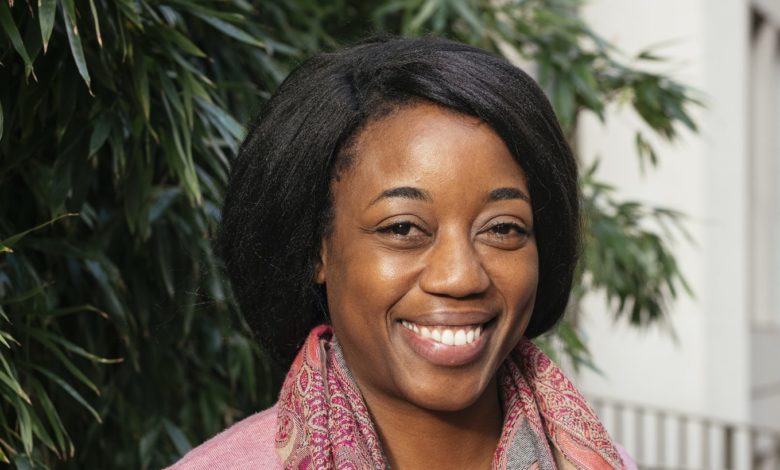RCVS Council elects first black council member as junior VP

The Royal College of Veterinary Surgeons (RCVS) Council has elected its first black council member in its 175-year history to be junior vice president of the college for 2019-20.

Become a member for unlimited access
Remove all content restrictions with a membership account. First-year special offer pricing. Cancel any time.
You have read 2/2 free articles this month.

How many members should have access to the subscription?
Monthly
Yearly
Save £9.89
No, thanks
I already have an account

The Royal College of Veterinary Surgeons (RCVS) Council has elected its first black council member in its 175-year history to be junior vice president of the college for 2019-20.